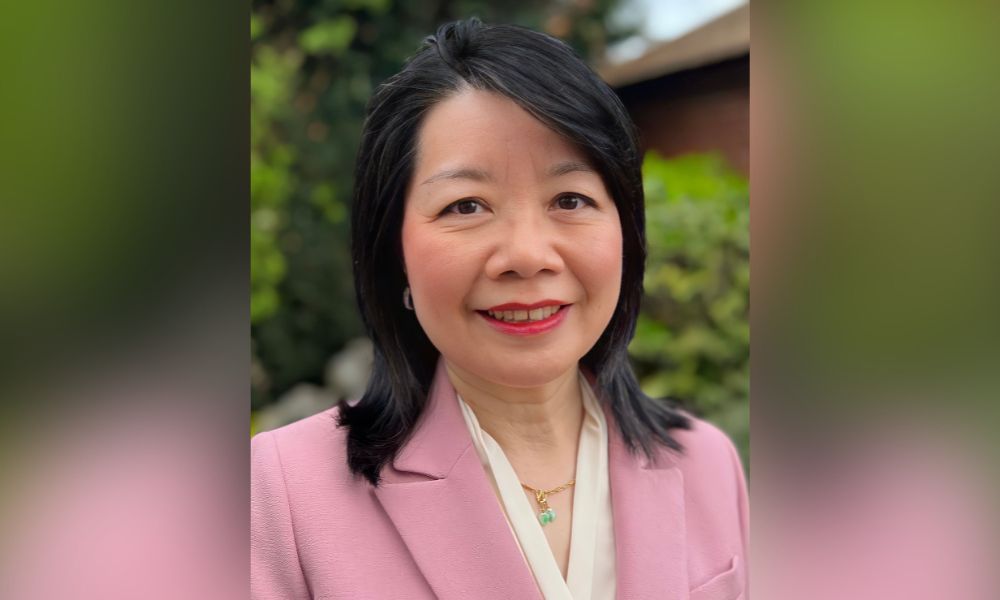"The leaders of tomorrow need to be five steps ahead"

“The leaders of tomorrow need to be five steps ahead” | Insurance Business America
Insurance News
“The leaders of tomorrow need to be five steps ahead”
Insurance professionals need to think outside of the box
Insurance News
By
David Saric
For insurance professionals looking to climb the ranks in the industry, innovation and thought leadership need to be top of mind.
“The leaders of tomorrow need to be five steps ahead,” said Teresa Chan (pictured), director of Columbia University’s Master of Professional Studies in Insurance Management.
“There are functional silos within insurance companies that have to be broken down, and that takes effort from individuals who are looking beyond the business side of the industry.”
During an interview at RIMS in Atlanta, Chan spoke to Insurance Business about what novel technology is top of mind for forward-thinking professionals, how the mentor/mentee relationship is ongoing, and why leaders need to step out of their comfort zones.
“Learning needs to reflect and analyze emerging realities”
One of the core tenets of the Master of Professional Studies in Insurance Management Chan oversees is the idea of education always being in flux.
“Learning needs to reflect and analyze emerging realities,” she said.
Prospective leaders who are willing to alter the course of the insurance industry need to have their fingers on the pulse of what will be a significant issue or talking point in the future.
“Robotics have been around for a while,” Chan said.
“However, its introduction into the medical profession for use in surgeries and other operations will open up a lot of possibilities for insurers looking to write coverage for this technology as it becomes more refined and widely adopted.”
Aside from robotics, ESG and anti-ESG is also something to look out.
“Obviously as ESG endeavours take off industry-wide, there will be those who will find ways to oppose change,” Chan said.
“That is definitely something that will need extra attention and how it will affect the insurance industry at large.”
“You’re with them for life”
As the director of a graduate program, Chan has had the opportunity to work with individuals from across the insurance spectrum with varying degrees of experience.
“Our program is open to working professionals,” she said.
“Their experience in the industry ranges from three to thirty years on the field, and each come with a unique perspective and a hunger to learn.”
However, for Chan, being in a position of mentorship, whether in an academic or professional setting, comes with the expectation that a connection with a mentee is ongoing.
“You’re with them for life,” she said.
“It’s important to keep those lines of communication open and be a source of guidance as the industry evolves.”
Furthermore, this relationship also gives an opportunity for mentors to learn and develop as well.
“These students have fresh eyes as they enter back into the industry and can offer new insights and opinions as their own thought leadership and critical thinking skills develop,” Chan said.
“There is so much that people in my position can learn from those who look up to us for guidance.”
Becoming comfortable with uncomfortable situations
Aside from being a source of knowledge and insight, a mentor should also encourage an individual to explore uncomfortable or unknown territory — a place where well-rounded thought leadership can be developed.
“I would encourage my students, or those who I am in communication with, to really think beyond their capabilities,” Chan said.
There are so many facets to the industry, and being able to handle any hardships while in an upper-management of C-suite level position takes creative problem solving.
“This is how functional silos can be broken, when someone takes the opportunity to understand a business holistically, especially with several moving parts,” Chan said.
Related Stories
Keep up with the latest news and events
Join our mailing list, it’s free!






